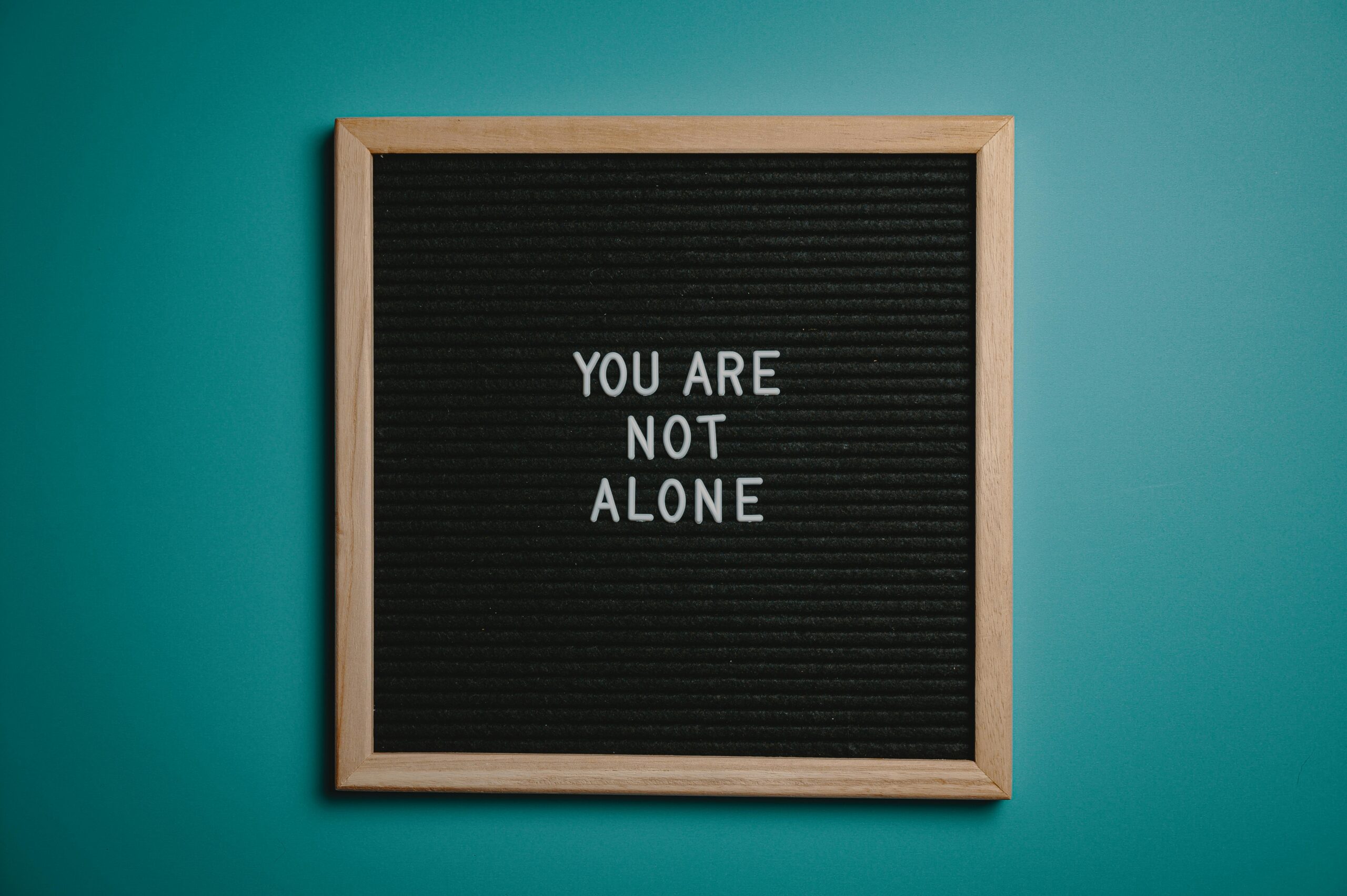Why Saying No is Important for Maintaining Mental Well-Being
In a world that constantly nudges us to say “yes”—to extra projects, social events, and all those well-meaning invitations—it can sometimes feel downright rebellious to utter that little two-letter word: “no.” But here’s the kicker: learning to say no is not just a skill; it’s a lifeline for your mental well-being. So, let’s dive into why this tiny word can have a gigantic impact on your life.
The Power of No
Imagine you’re at a party, and someone you’ve just met pulls you into a conversation about their collection of rare stamps. Now, if stamp collecting isn’t your jam, it can feel like a slow descent into boredom hell. You might find yourself nodding along, forcing a smile while mentally planning your escape route. But what if, instead, you said, “Thanks for sharing, but I’m going to grab a drink”? That simple act of saying no can free you up for conversations that spark joy and connection.
Protecting Your Time and Energy
Time is the one resource we can’t get back. When you’re constantly overcommitting, you stretch yourself thinner than a slice of bread. This can lead to feelings of burnout, stress, and, let’s be honest, a potential meltdown. By saying no, you’re not just reclaiming your time; you’re also nurturing your energy. Here’s how it works:
- Prioritize Yourself: Saying no allows you to focus on what truly matters—whether that’s self-care, hobbies, or simply enjoying a quiet evening with a book.
- Quality Over Quantity: It’s better to engage deeply with a few activities than to spread yourself too thin across many. Being selective can enhance your experiences.
- Reduce Stress: Each time you say no, you’re actively reducing the pressure of obligations and expectations that can weigh heavily on your mental health.
The Art of Saying No
Now, you might be thinking, “Okay, I get it. But how do I actually say no without feeling like a total jerk?” Fear not! Saying no is an art, and like any good art, it takes practice. Here are some strategies to make it feel less like a chore and more like a choice:
Be Honest, Not Harsh
When you say no, honesty is your best friend. You don’t need to provide a lengthy explanation, but a simple, “I really appreciate the offer, but I can’t take on any more right now” works wonders. This way, you’re not just rejecting the request; you’re acknowledging the other person’s effort while standing firm in your decision.
Offer Alternatives
If it feels right, you can suggest another time or a different way to connect. “I can’t make it to dinner this week, but let’s catch up over coffee next month!” This not only softens the blow but also keeps the door open for future interactions.
Practice Makes Perfect
Start small. If you’re not used to saying no, begin with low-stakes situations. Maybe it’s declining an invitation to a movie night or saying no to an extra task at work. Each time you assert your boundaries, you’ll build confidence for the bigger moments when it really counts.
Understanding the Benefits
Let’s shift gears and explore the benefits of mastering the art of saying no. It’s not just about avoiding overwhelm; it’s about fostering a healthier, happier you.
Improved Relationships
Believe it or not, saying no can actually enhance your relationships. When you’re honest about your limitations, you set clear boundaries. Friends and colleagues will respect your decisions, and it creates a healthy dynamic where both parties understand each other’s needs.
Better Decision-Making
Every time you say yes to something that doesn’t align with your goals, you’re saying no to opportunities that do. By prioritizing your yeses, you become more intentional with your choices, leading to greater satisfaction and fulfillment.
Increased Self-Respect
When you honor your own needs and limits, you cultivate self-respect. You begin to realize that your feelings and priorities matter. This shift in mindset can have a ripple effect, enhancing every aspect of your mental well-being.
When Saying No Becomes a Struggle
Of course, there are times when saying no feels like climbing a mountain in flip-flops. Maybe it’s a family obligation or a work project that feels like a career-defining moment. In these cases, it’s essential to assess the true impact of your decision. Will saying no compromise a relationship or an important commitment? If so, consider negotiating or finding a middle ground instead.
Mindfulness and Self-Reflection
Practicing mindfulness can also help in these tricky situations. Take a moment to reflect on your feelings before responding. Ask yourself: “Will saying yes contribute positively to my life, or will it drain me?” This self-reflection can guide you toward making decisions that support your mental health rather than detract from it.
Final Thoughts on the Journey of No
Navigating the landscape of “yes” and “no” isn’t always easy, but it’s a journey worth embarking on for the sake of your mental well-being. Remember, it’s not about being selfish; it’s about being self-aware. So, the next time you feel that familiar tug to say yes, pause for a moment. Ask yourself if it aligns with your goals, values, and, most importantly, your well-being. Because sometimes, the healthiest thing you can do is to simply say, “No, thank you.”


